Cameroon
Cameroonian President Paul Biya has ordered the release and dropping of all charges against arrested leaders of the Anglophone South West and North West regions.
The order, read on Wednesday on state radio CRTV, said the decision is in line with numerous measures taken by the government to address the concerns of the people from the Anglophone regions.
“This decision stems from the head of state’s firm resolve to continuously spell ways and means of seeking a peaceful solution to the crisis through the virtues of tolerance, dialogue and humanism,” it said.
The leaders cited in the order include Lawyer Felix Nkongho, Dr Neba Fontem, and Ayah Paul Abine among others who are facing charges at the Yaounde Military Tribunal.
They were arrested late last year and accused of inciting violence during the protests in the North West and South West regions.
They pleaded not guilty to the charges which included complicity in hostility against the homeland, secession, civil war, and campaigning for federalism.
Paul Biya said in the order that he is determined to “combat all enemies of peace and progress, champions of division, criminals of all kinds who under the guise of political demands attempt to jeopardise the future of our country and especially that of the youth”.
“They will be brought before the courts,” he added.
On Tuesday, the Minister of Communications Issa Tchiroma Bakary threatened to shut down satellite television operators who host a new pro-secession TV channel banned in January 2017.
The Southern Cameroons Broadcasting Corporation (SCBC) TV was launched on May 6, 2017 as the mouthpiece of the North West and South West Anglophone regions with political programmes designed to push for the dissolution of the 1961 union of the Southern Cameroons with Cameroun.
The communications minister also announced that pupils in the two regions will undergo remedial classes in the first two months of the new school year to catch up with the lost school period affected by protests that rocked the regions.
The series of protests were against marginalisation.
Anglophone teachers, lawyers and students were beaten and intimidated by the security forces during peaceful protests against the imposition of the French language on their schools and courts.
Anglophone journalists also condemned a government order banning all radio and television discussions on the political situation in the region.
President Biya subsequently signed a decree establishing the National Commission of Bilingualism and Multiculturalism to solve the matter.
Many activists, however, call for the establishment of a two-state federation.
A video recently emerged showing a dozen detainees being held in a dark cell believed to be a military bunker. They went on a hunger strike against their inhumane treatment.
The government said it was not aware of the video.
#Cameroon. Southern Cameroonians held in captivity in a bunker in Yaounde.
LeahHardingAJEAJStreamBBCAfricacnni pic.twitter.com/2QB9KpuhHu— Gil Ekane (@GilEkane) August 5, 2017
Rights groups have raised concerns about increasing repression under the 35-year-old rule of President Biya.
Last month security forces prevented a news conference by Amnesty International that had been called to demand the release of three young men jailed in 2015 for sharing a joke.
At least eight journalists are reported to have been arrested during the crisis in the Anglophone regions late last year.
At least six people were shot dead, hundreds arrested and internet was cut off for three months in the region.
The arrested protesters are being held under anti-terrorism laws enacted as part of the battle against Islamist Boko Haram militants in the north.
Media rights group Committee to Protect Journalists (CPJ) had unsuccessfully demanded reasons for the arrest and detention of the journalists.



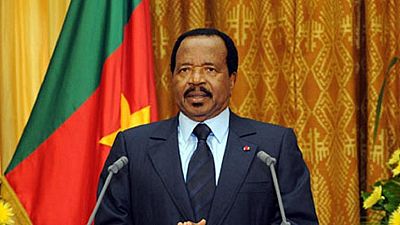

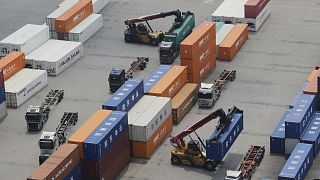
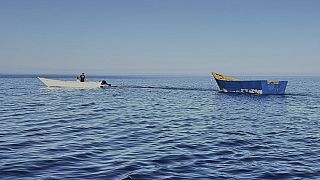


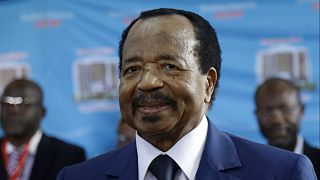
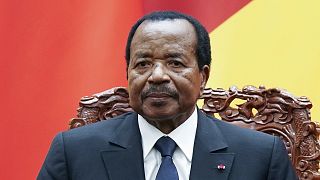
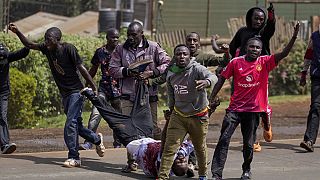
01:01
Chad’s former Prime Minister appeals to Macron after two months in detention
01:02
Togo: Amnesty International calls for end to use of force against protesters
01:12
Senegal: Ousmane Sonko's defamation conviction upheld by Supreme Court
00:52
Nigeria’s Peter Obi to contest 2027 election, opposition coalition in jeopardy
00:54
African Human Rights court says it can hear case brought by DRC against Rwanda
Go to video
Mbappé sues PSG, alleges ‘moral harassment’ by former club